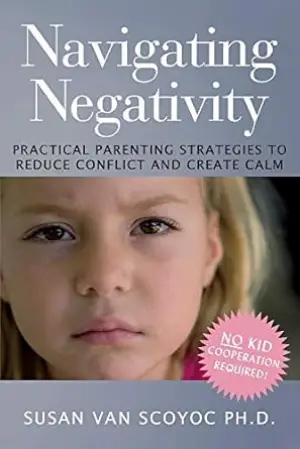I recently delved into The Procrastination Fix by J. Slazas, a self-help book aimed at those of us who find ourselves tangled in a web of endless to-do lists and projects left untouched. As someone who often wrestles with procrastination, I was drawn to the promise of a transformative roadmap that tackles the emotional and mental barriers holding us back from productivity.
Slazas’s approach is refreshing and surprisingly compassionate. Rather than simply urging readers to "work harder," the book dives deep into the emotional undercurrents of procrastination. It reassures us that feeling overwhelmed is common and offers practical guidance to break free from these patterns. The narrative is straightforward and avoids pretentious jargon, making it accessible for anyone looking for actionable insights.
One of the standout elements for me was the emphasis on emotional resilience. The exercises provided, like writing compassionate letters to oneself, resonated deeply. This personal touch, recommended by Helene, encourages readers to be kinder to themselves, which can significantly dismantle the harsh self-criticism many of us have. I also appreciated the concept of setting micro-goals—making incremental progress truly feels less daunting.
However, the book isn’t without its drawbacks. While many readers, including Kim Brooks, found the tips easy to follow, I noticed a bit of repetition throughout. Some concepts could have been streamlined, as certain strategies seemed to reappear in different forms. Additionally, while the exercises are beneficial, some are time-consuming—taking 15-20 minutes—which could be a hurdle for those already feeling overwhelmed by tasks.
That said, the practical focus on tools like Trello and Notion, mentioned by Helene, was a delightful surprise! These recommendations made the transition from reading to real-world application smoother and more effective. The author prompts us to consider not just the tasks at hand, but the systems and habits we can build to support ongoing productivity.
In terms of expectations, the book certainly delivered on its promise to provide a clear path to overcoming procrastination. The combination of personal stories and actionable steps creates a relatable environment where readers can feel empowered to change their ways. I appreciated the insights on balancing perfectionism with progress, another crucial aspect highlighted within the pages.
In closing, I wholeheartedly recommend The Procrastination Fix to anyone feeling stuck in the cycle of procrastination. Whether you’re paralyzed by a long to-do list or struggling to channel motivation into action, this book offers a gentle and practical guide. While it challenges you to confront the emotional barriers to productivity, it also equips you with the tools necessary for real change. Grab a copy, and be prepared to embark on a journey that just might unlock your potential!








